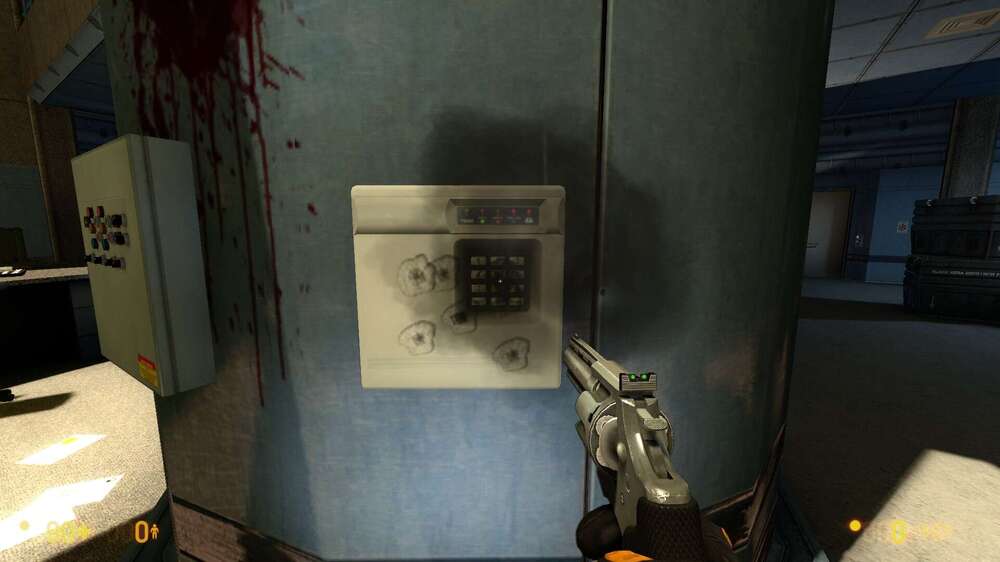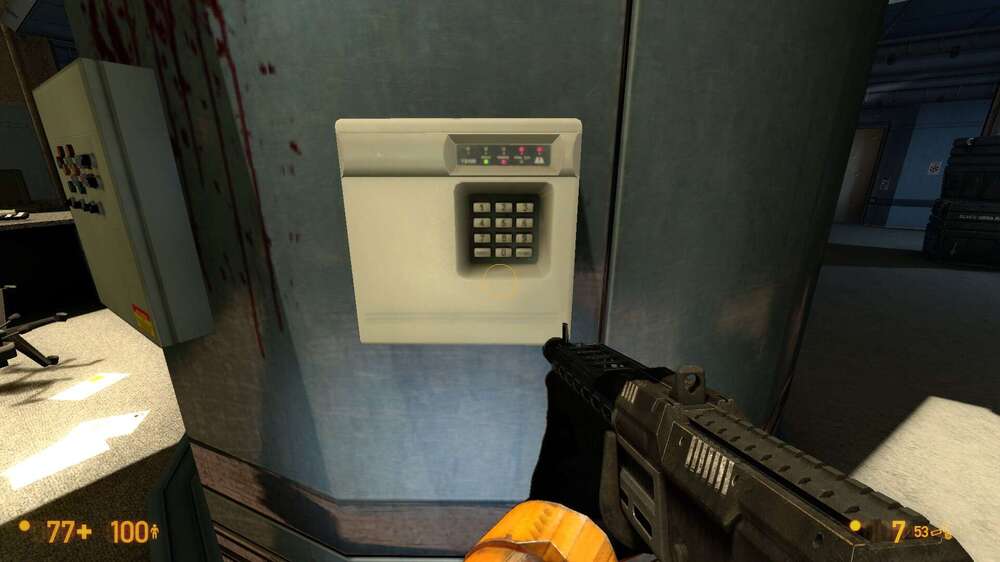-
Posts
8,707 -
Joined
-
Last visited
-
Days Won
139
Content Type
Profiles
Forums
Events
Downloads
Gallery
Blogs
Everything posted by sixwheeledbeast
-
Engineer would be liable for any fault leading to injury or death just like with fire, so I would refuse to do any of it without correct training. Plenty of jail sentences and fines in the news... Also insurance for the company is higher if you add gates to your services, either specialise and train correctly for it or sub IMO. Gate-safe is one path of training, which is a ECS discipline. https://www.hse.gov.uk/work-equipment-machinery/powered-gates/safety.htm https://www.hse.gov.uk/safetybulletins/poweredgates.htm https://gate-safe.org/ As above suppliers will have their own scheme but it's going to be based on their supplied kit.
-
Yer ... fixings maybe but worth more than the initial outlay saving as van stock. Maglocks, passives, panels and keypads and then not knowing what you paid for them, less so...
-
Sounds like someone else over specced and it ended up in your van...
-
There isn't, you agree terms when you take on the work.
-

Hard Wired Pyronix Deltabell Not Working??
sixwheeledbeast replied to garnayrob's topic in !!..DIY Installers..!!
The switch would usually have to be closed, it's not sensible disabling it really. If the sounder isn't suitable for the fixing surface then make it suitable or use a better bellbox. -
AIUI in that situation it's still all the same rules and repayments but HMRC no longer have access to your tax code or income, so you have to provide evidence. If you disappear your rate is charged the maximum monthly amount and you are charged interest on late payments.
-
I think I agree with above, it depends on the degree. There are generic degrees for people that want to live the uni lifestyle, compared to ones that are required for a profession which hold much more value IMO. On the education system in general they push pupils towards the most academic path at all options. I don't believe this is the right path for many people but it's all about the figures for the school not the pupils. Every trade complains of a skill shortage but at the ideal time to take on apprentices, teachers are pointing them into further education with the promise of getting on the ladder higher, even if they have no plans or preference.
-
1) If you wanted and able. If you have a working system consider you may struggle to program or get the panel working correctly. 2) Probably not, may need to check resistor values or do some re-terminating.
-
I hear a lot of people say "student debt". The way they seem structured now it's more like a mortgage with a rate based from your income, I think it would more beneficial mentally to think of it that way than a "debt".
-
Local rags regularly post articles online with obvious spelling errors like this. I ain't the best at English grammer but I can spot typos and bad spelling. I didn't go to Uni and study English, PR or Journalism either...
-
Better? It will never be as good at you for destruction. Source engine just puts bullet hole decals over the asset. The milky bars are on me... Just find it odd how they mimic most of the brands but don't care about what is blatantly a Menvier logo on a TS400. That reminds me I need to spray some anus on my rusty ladder padlock...
-
Seem to have an issue with a TS400, it's in tamper and completely unresponsive... Any suggestions beyond poking it with a shotgun. Ignore the blood and the office chair I threw across the lobby... ... I wondered how the asset ended up in Source in the first place, pretty sure I remember it from something else. Product placement or no-one cares about alarms so just a straight copy, trademark and all?
-

Where do I turn for servicing?
sixwheeledbeast replied to Charlottelou12's topic in General Security & Fire Queries
That maybe the original installer, you will not get emergency response if there is no contract. Honeywell make the panel they will not care for end users calling them. It's an alarm engineer you need. You could call someone reputable that you know, try the original maintainer or maybe find someone in your area on here or via NSI or SSAIB websites. -

Where do I turn for servicing?
sixwheeledbeast replied to Charlottelou12's topic in General Security & Fire Queries
If the outside box is squeaking it should trigger the inside as well as the bell tamper may be opening. I would suggest you find a local company to check everything over. Systems need servicing regularly to be reliable. -
If it definitely works without the routers then you have proved a routing issue. We are talking old ISP provided tat routers, they often have issues a simple method is probably a couple of cheap switches. I wouldn't trust providing any service via ISP provided junk routers. You don't explain your testing method in enough detail but could be the router built in firmware blocking some traffic or double NAT or NAT passthrough. Break down the issue so your dealing with one routing device at a time. You say you want to fix it before you get the Eero but your likely to have similar issues with that aswell.
-

Scantronic 9448+ style mains power LED is pulsing
sixwheeledbeast replied to Alec's topic in General Security & Fire Queries
When was it last serviced? Power LED flashing on most systems indicates power failure or battery low voltage -

ARC Notification on Zone Active when disarmed
sixwheeledbeast replied to jkno's topic in !!..DIY Installers..!!
Issue with soundbombs is they are electrically noisy, and pretty easy to disable during a break in. -

ARC Notification on Zone Active when disarmed
sixwheeledbeast replied to jkno's topic in !!..DIY Installers..!!
The other usual method is using 24 Hour but you say you don't want the alarm to activate, yet have a sounder... -

ARC Notification on Zone Active when disarmed
sixwheeledbeast replied to jkno's topic in !!..DIY Installers..!!
If you just need a local alert then Zone Mimic or Mimic Latch will do what it required, Com-IP is for remote signals. You can invent any clever way to enable/disable this, custom outputs and a code, hidden switch, toggling relay, etc. I have done similar on other panels, strobe to indicate a shutter/door is open for example. -

ARC Notification on Zone Active when disarmed
sixwheeledbeast replied to jkno's topic in !!..DIY Installers..!!
It's an output type, there are loads of output types and combinations could be used with custom outputs if that's what you need. Also... Your lucky to not have an issue if you haven't touched anything, systems need maintenance to ensure reliability. Soundbombs are horrid things not fit for a proper system IMO.






